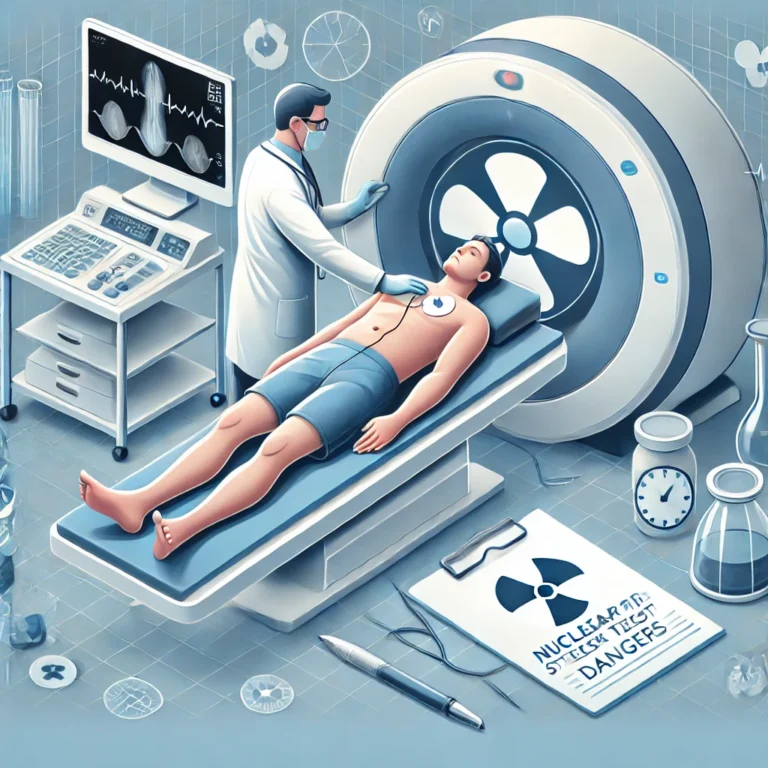Fitness is more than just a physical activity; it’s a lifestyle that profoundly influences overall health and well-being. Engaging in regular exercise and maintaining physical fitness can have a significant impact on various aspects of health, encompassing physical, mental, and emotional dimensions. From reducing the risk of chronic diseases to improving mood and cognitive function, here’s a closer look at the profound effects of fitness on health:
1. Cardiovascular Health: Regular exercise, particularly aerobic activities such as running, swimming, or cycling, strengthens the heart and improves cardiovascular function. It lowers blood pressure, reduces cholesterol levels, and enhances circulation, reducing the risk of heart disease, stroke, and other cardiovascular conditions.
2. Weight Management: Physical activity plays a crucial role in maintaining a healthy weight and preventing obesity. By burning calories and increasing metabolic rate, exercise helps control body fat accumulation and promotes weight loss or weight maintenance. Combined with a balanced diet, regular fitness activities contribute to achieving and sustaining a healthy body composition.
3. Musculoskeletal Strength and Flexibility: Strength training exercises, including weightlifting, resistance training, and bodyweight exercises, build muscle mass, increase bone density, and improve joint flexibility and range of motion. Strong muscles and bones support overall physical function, mobility, and posture, reducing the risk of injuries and musculoskeletal disorders such as osteoporosis and arthritis.
4. Mental Health and Stress Management: Physical activity has profound effects on mental health and emotional well-being. Exercise stimulates the release of endorphins, neurotransmitters that promote feelings of happiness and reduce stress, anxiety, and depression. Regular fitness routines can improve mood, boost self-esteem, and enhance cognitive function, contributing to better mental health outcomes.
5. Cognitive Function and Brain Health: Fitness activities promote brain health and cognitive function by increasing blood flow to the brain, stimulating the growth of new neurons, and enhancing neural connectivity. Exercise has been linked to improved memory, concentration, and overall cognitive performance, reducing the risk of cognitive decline and age-related neurodegenerative diseases such as Alzheimer’s disease.
6. Sleep Quality: Regular physical activity can improve sleep quality and duration, leading to better overall rest and recovery. Exercise helps regulate circadian rhythms, reduces stress and anxiety levels, and promotes relaxation, making it easier to fall asleep and stay asleep throughout the night. Adequate sleep is essential for optimal health, immune function, and overall well-being.
7. Immune Function: Moderate exercise has been shown to boost the immune system and enhance immune function, reducing the risk of infections and illness. Regular physical activity promotes the circulation of immune cells and antibodies throughout the body, strengthening the body’s defense mechanisms against pathogens and supporting overall immune health.
8. Longevity and Quality of Life: Engaging in regular exercise and maintaining physical fitness are associated with increased longevity and improved quality of life. Active individuals tend to have lower mortality rates, reduced risk of chronic diseases, and better functional health and independence as they age. Fitness promotes vitality, energy, and resilience, allowing individuals to enjoy a higher quality of life as they grow older.
In conclusion, fitness is a cornerstone of health and well-being, with far-reaching effects on physical, mental, and emotional health. By incorporating regular exercise and physical activity into daily life, individuals can reap numerous benefits, from reducing the risk of chronic diseases to enhancing mood, cognitive function, and overall quality of life. Embracing a fitness-oriented lifestyle is one of the most powerful investments one can make in their long-term health and vitality.




